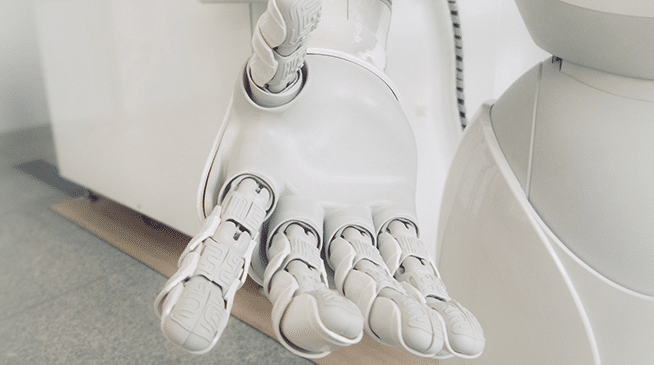23 August 2018
AI And Health: What Does The Future Hold?

Artificial Intelligence (AI) is no longer just the fantasy of sci-fi movies, the future has arrived in full force!
In relation to healthcare, AI is playing an important role in saving the industry time and money, while improving patient outcomes. AI technology is helping clinicians and insurers to become more productive and back-end processes to become more efficient. According to the Harvard Business Review, when it comes to the top ten promising AI health applications, there could be up to $150 billion in annual savings for U.S. health care by 2026.
Sounds good, right? But what does AI in health really mean?
Four key AI applications for health you should know about are:
- Robot-Assisted Surgery
Robots are already being used to assist operations on humans with great accuracy, and this trend is expected to take off in coming years. According to the Harvard Business Review, technological advancements in robotic solutions for surgery could result in $40billion in annual savings for U.S. healthcare by 2026.
- Virtual Nursing Assistants
It is predicted AI-powered nurse assistants could save $20 billion annually in the U.S by saving 20% of the time nurses spend on patient maintenance tasks. This means robots instead of people will be the ones asking patients questions about their health, assessing symptoms and directing them to the best option for care.
- Administrative Workflow
In the past nurses have spent over half their workday on activities which have nothing to do with patient care. AI-based technologies, such as voice-to-text transcription, are predicted to be able to improve administrative workflows and eliminate time-consuming non-patient-care activities. The Harvard Business Review consider the application of AI to administrative workflow could result in great savings in U.S healthcare, with an estimated potential annual value of $18 billion.
- Fraud Detection
Finally, the ability for AI technologies to detect fraudulent activities is predicted by the Harvard Business Review to result in $17 billions of annual saving in the U.S., due to an increase in the speed and accuracy of the claims assessment process.
While AI in healthcare is still in its early days, there is a growing number of different applications for AI technology in the industry. As AI becomes more common in health-related activities, healthcare organization and insurers will be able to deliver better value services. The focus will be on better care, as new technologies replace older in areas including, but in no way limited to, surgery, nursing, administration and the processing of claims.